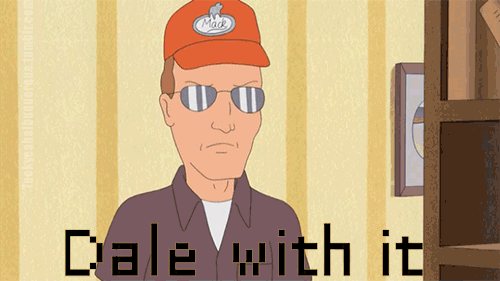Sure, but to give individual permission to every single let's player channel/streamer/quick look/review channel out there on YouTube, big & small is nigh on impossible, since:
1. Our team simply wouldn't have the public reach to get all our bases covered, even if we had a disclaimer on our site or on social media networks. It is a huge pain on our side of things too.
2. All these channels, not just LP ones, are getting automated ID claims. That's hard to work around. If people are accidentally getting flagged, even though myself as a developer am totally fine with it, it's unlikely the flagged channel will even bother keeping the video up and losing us the promotion we could of got.
Sure my stance on is, well, 'maybe I'm just not a bit of a dick about it'. It's less unlikely copyright claims will happen with people playing a game from a small indie team, but the snowball effect with this happening on mainstream games is that, it's affectively stunting content creators, to actually, you know, create content on their channels, if they're afraid they will get everything flagged.
When we released our mod last year, we were briefly doing the rounds of some of the big channels, which resulted in a truck tonne of emails from smaller channels asking if they could Let's Play a free mod. It may be common courtesy of them to ask, or misinformation of them believing we purposely targeted those channels, but at the end of the day, it they were already fearful of permission from a team of nobodies, what mindset are they going to be in now?
This is the problem. Youtube has to cover their asses, the game companies (and other rights-holders) have the right to control their properties. If it began and ended with the parties actually involved with the game featured in each video then this would be workable for the uploaders.
But there's no magic process that immediately identifies whose owns every property being presented in any single Youtube video, so anyone who thinks their own property might be at stake then gets to take a shot at your video. And then finally, once everyone is satisfied that their rights are being respected, then the uploader can make money.
Or maybe that never happens because claims keep trickling in over the months on videos as different companies send out mass claims as they sift through content at their own speeds.
So the problem is not that companies can control what other people do with their property. If that was the case people could just make videos of games that are allowed to be monetized. The problem is determining which videos those are, and whether doing so leaves room for any money to be made by the uploader.
This is still in the early stages so hopefully there is a way to make this work, but hope is really all there is right now.


